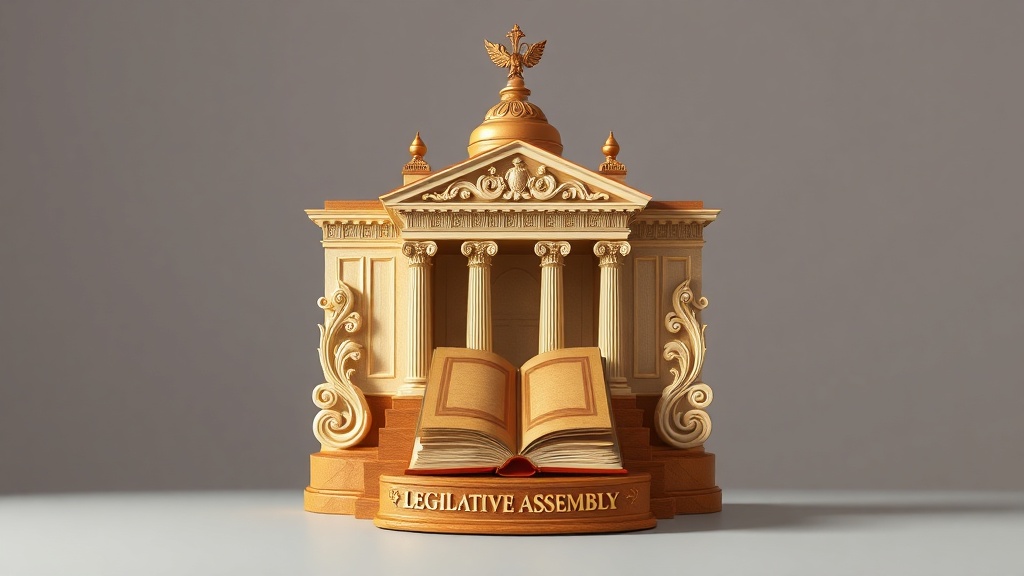Home / Education / Bikaner's 1913 Assembly: India's Pre-Constitution Democracy Model
Bikaner's 1913 Assembly: India's Pre-Constitution Democracy Model
26 Nov, 2025
Summary
- Bikaner established a representative legislative assembly in 1913, predating India's Constitution.
- It was the first princely state in Rajasthan and second in India to form such a body.
- Bikaner enacted a compulsory primary education act in 1929, similar to the 2009 national law.

In a remarkable historical precedent, Bikaner established a representative legislative assembly (BLA) in 1913, predating India's Constitution by decades. Under Maharaja Ganga Singh, Bikaner became the first princely state in Rajasthan and second in India to create such a democratic body, setting an early example for governance.
The BLA, comprising 35 nominated members, adopted Hindi as its code language and expanded the powers of local bodies during its four-year tenure. Furthermore, Bikaner enacted a progressive right to education act in 1929, making primary education compulsory within municipal limits—a foresight echoed by the Union government's 2009 Right to Education Act.




